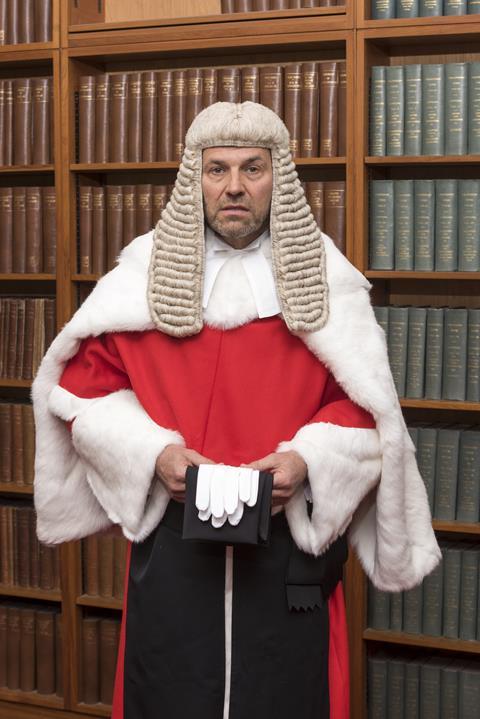A High Court judge has raised serious questions about a Solicitors Disciplinary Tribunal hearing which sat in private and where its judgment was heavily redacted.
In Lu v Solicitors Regulation Authority, Mr Justice Kerr said that the SDT’s decision to hear the case of Linda Lu in private was ‘convenient rather than necessary’ and that it was wrong to grant ‘sweeping’ anonymity orders to third parties.
Lu was acquitted of wrongdoing but two firms where she worked and relevant former colleagues were not named in her judgment, without any application from those involved.
Kerr made a number of criticisms of the tribunal and its policy of redacting names and details from judgments, saying the case showed the problems experienced in the justice system with the notion of open justice.
He said: ‘We repeatedly stress its importance, yet increasingly undermine it by the creeping march of anonymity and redaction. Parties, witnesses and ordinary workers - for example, a case worker at the SRA in this case - are routinely anonymised without asking the court or giving the matter much thought.’

The judge said that a common misconception is that if the identity of a person in legal proceedings is not directly relevant, there is no public interest in that person’s name being known.
‘The justice system thrives on fearless naming of people, whether bit part players or a protagonist,’ he added. ‘Open reporting is discouraged by what George Orwell once called a “plague of initials”. Clarity and a sense of purpose are lost. Reading or writing reports about nameless people is tedious.’
Lu had been an associate with London firms Cadwalader Wickersham & Taft LLP and then Pillsbury Winthrop Shaw Pittman LLP (referred to as firms Y and X in the tribunal’s ruling). Her time with the second firm, it was noted by the judge, ‘did not go smoothly’.
After a grievance process and allegations of harassment not upheld, Lu posted on her Instagram account a message for which she was charged with misconduct by the SRA. The judge said: ‘As edited in the tribunal’s decision, it was economically rendered as follows: “Ever want to kick someone’s c*** in so bad?! # diebitchdie f****** fat [name] Corgi can suck my d***”.’
Lu was also charged over further posts that were alleged to be abusive and threatening. The tribunal found the first post could not be proved to relate to anyone and in fact Lu had been bitten by a dog on that day. It also could not be proved she was the author of the subsequent posts.
Lu appealed the tribunal’s decision to publish her name and personal information, as well as the decision to anonymise the two law firms and certain relevant individuals.
The judge rejected her appeal with regard to her naming, but said further anonymity orders were not justified, except for three employees who were likely to have a contractual right to anonymity.
He added: ‘The sweeping anonymity orders in respect of the third parties ought not to have been made. Courts and tribunals should not be squeamish about naming innocent people caught up in alleged wrongdoing of others. It is part of the price of open justice and there is no presumption that their privacy is more important than open justice.’
He noted that the two firms were ‘shielded from being accountable’ for reporting alleged misconduct and bringing accusations to the SRA. In the case of Pillsbury, anonymity was ‘particularly unfortunate’ as the SDT went on to criticise it and ‘gave the impression of favour’.
This article is now closed for comment.































6 Readers' comments